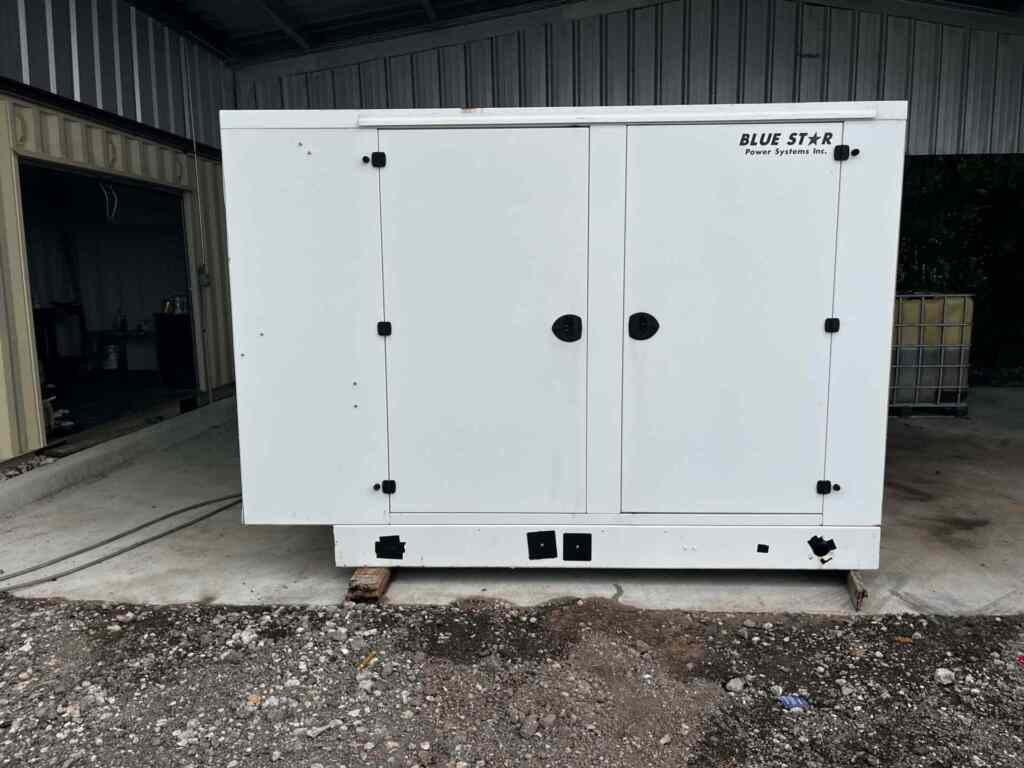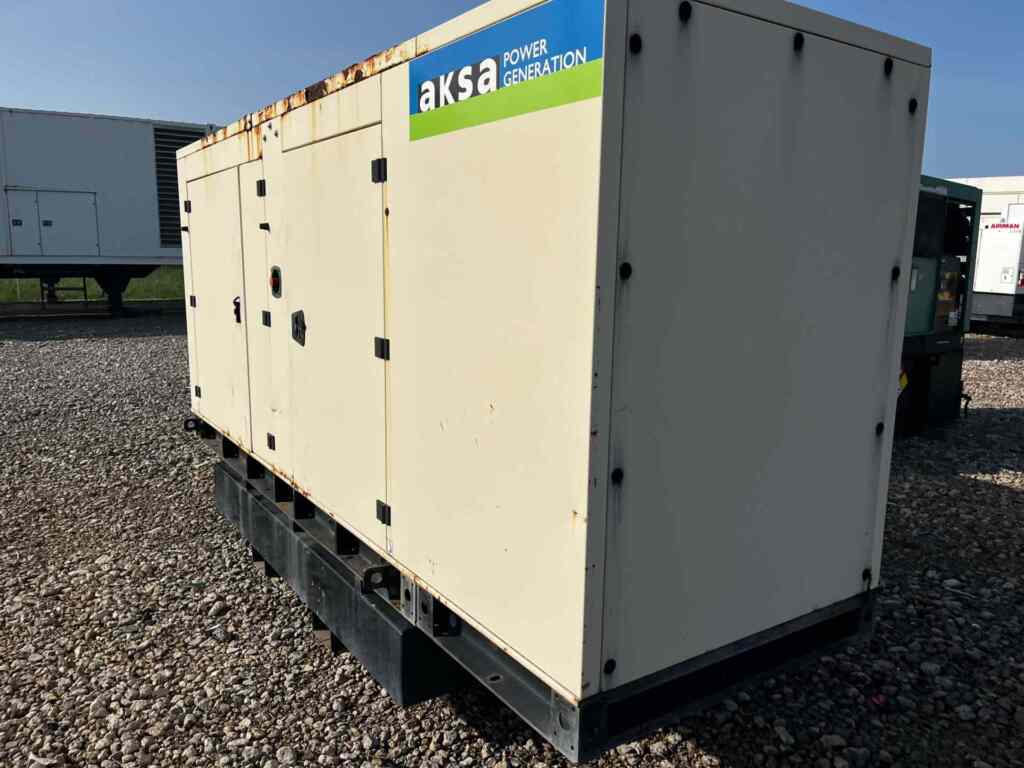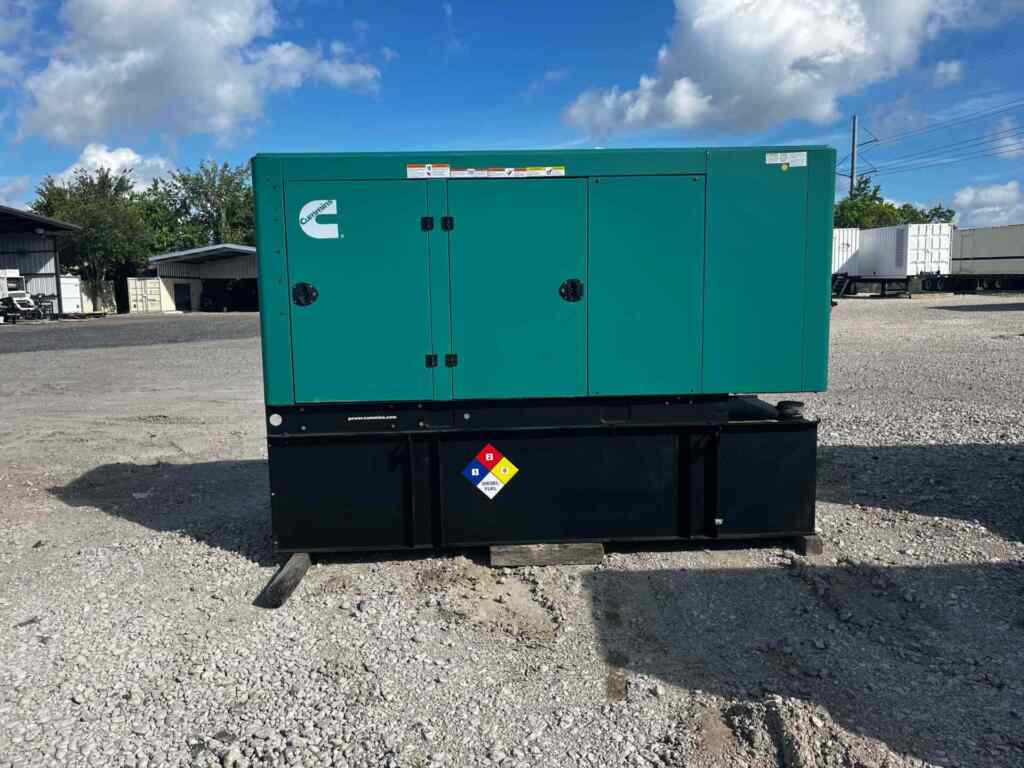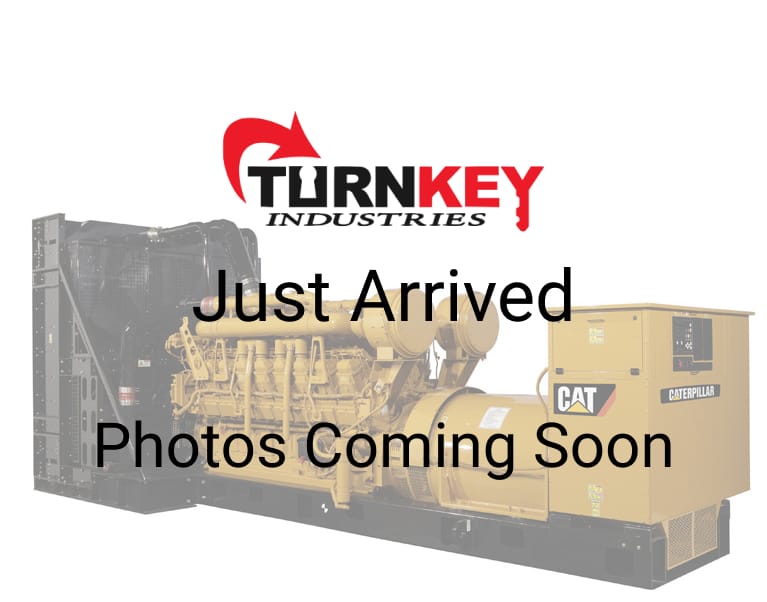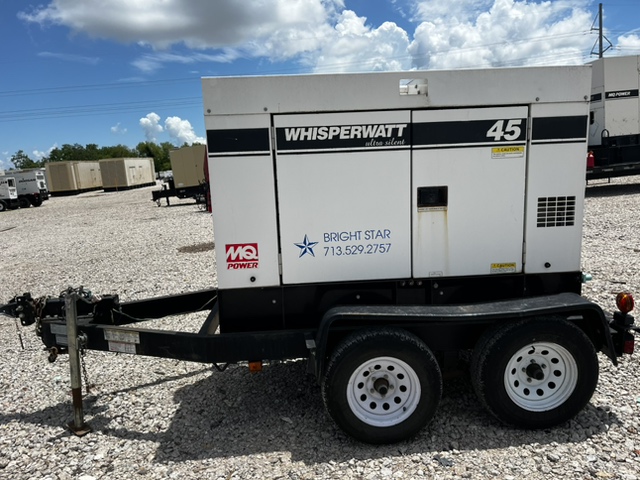The remote and harsh environments where the oil and gas industry operates mean that access to stable grid power is limited or non-existent. These challenging conditions mean that operators depend on oilfield generators to provide a reliable power supply to ensure the seamless operation of drilling and extraction processes. These industrial generators serve as a dependable backup power source during power outages for grid operations and fully support the drilling, pumping, and processing of oil on offshore platforms and in other remote locations.
Choosing The Best Industrial Generator For The Oil & Gas Industry
For decades, diesel industrial generators have been the preferred choice to power up equipment on remote work sites. Their versatility has meant that they can be towed and relocated from site to site, as long as diesel fuel can be trucked in to replenish the generator when fuel runs low. Diesel generators have long been considered the best oilfield generator for the oil & gas industry. However, in recent years, natural gas generators have become an increasingly more appealing option within this essential industry.
As generator technology advances, natural gas generators have proven to be more versatile, and in some instances more economical, than their diesel counterparts. What makes these fuel oil generators preferable to diesel generators? Natural gas generators use a by-product of the drilling process to keep equipment running and do not rely of expensive diesel that needs to be trucked (or shipped) to a job site location.
How Does “Stranded” Gas Power Fuel Oil Generators?
When extracting crude oil, there are times when stranded gas – also known as wellhead gas – is released. This is caused by the operator hitting a pocket of gas while drilling. In the past, this was considered a loss. The drilling company had to take the time to either vent the gas or flare the gas to release it into the air and clear out their drilling site. However, now that natural gas generator technology is advancing, operators have realized they can harness the power of the stranded gas and use it to supply key equipment used within the industry.
Benefits of Fuel Oil Generators For Industrial Applications
Fuel oil generators are tailored to meet the specific needs of energy extraction and production activities. While diesel generators are versatile and extremely portable, the new generation of oilfield generators is designed for years of rugged service and cost savings.
- Cost savings – diesel generators are costly. Purchasing and transporting fuel can vary greatly, depending on location. Offshore rigs rely on deliveries by ship and must ration fuel accordingly. Remote on-shore operations need to truck fuel in, which can be cost-prohibitive. Stranded gas, on the other hand, is a by-product of drilling operations and can be utilized with great cost savings.
- Environmentally friendly – using stranded gas to power a fuel oil generator means that a drilling operator is not venting or flaring wellhead gas. Venting and flaring the gas is considered harmful to the environment when released into the atmosphere. By re-using this stranded gas in a natural gas generator, a company produces less emissions and acts in a more ecologically friendly manner than when it simply burns off the waste fuel.
- Less regulated – like their diesel counterparts, natural gas generators are subject to EPA emissions regulations and guidelines. However, the guidelines for fuel oil generators are less stringent. This can make them a more attractive option as you consider your generator options.
Is There A Downside to Natural Gas Generators?
While the idea of a fuel oil generator is simple, there are a few extra steps involved to ensure that it can use on-site stranded gas to power drilling equipment. One, the operator needs to invest in a scrubbing system to filter out any solids or water that are released with the gas. The gas then needs to be separated on-site and fed into the generator. A gas/liquid separator should be installed to treat and condition the gas before it enters the generator’s engine. While some brands of oilfield generators include a built-in scrubbing system, other brands have this system available only as an add-on. Make sure to check that you have the proper equipment before attempting to run your generator off stranded gas.
It is also important to have the stranded gas analyzed before connecting it to your generator. Fuel composition can directly impact the generator’s power rating and performance. In some cases, the fuel composition of the stranded gas may not be sufficient to power the generator or may cause problems with the generator engine. In that case, many natural gas generators can also be run off propane when the stranded gas is unusable.
Harnessing The Power Of Technology In The Oil & Gas Industry
Thanks to technological improvements in natural gas generator engines and electronics, there is now a large selection of clean-burning, energy-efficient natural gas generators that run on low to no-cost stranded gas. Many of these fuel oil generators can even switch automatically to burning liquid propane in case the gas coming out of the well is not usable. When compared to the cost of running a diesel fuel generator in a remote location, the cost savings of these oilfield generators is enormous. Start exploring generator options for your industry needs today.
 Turnkey Industries offers a variety of high-capacity
Turnkey Industries offers a variety of high-capacity 